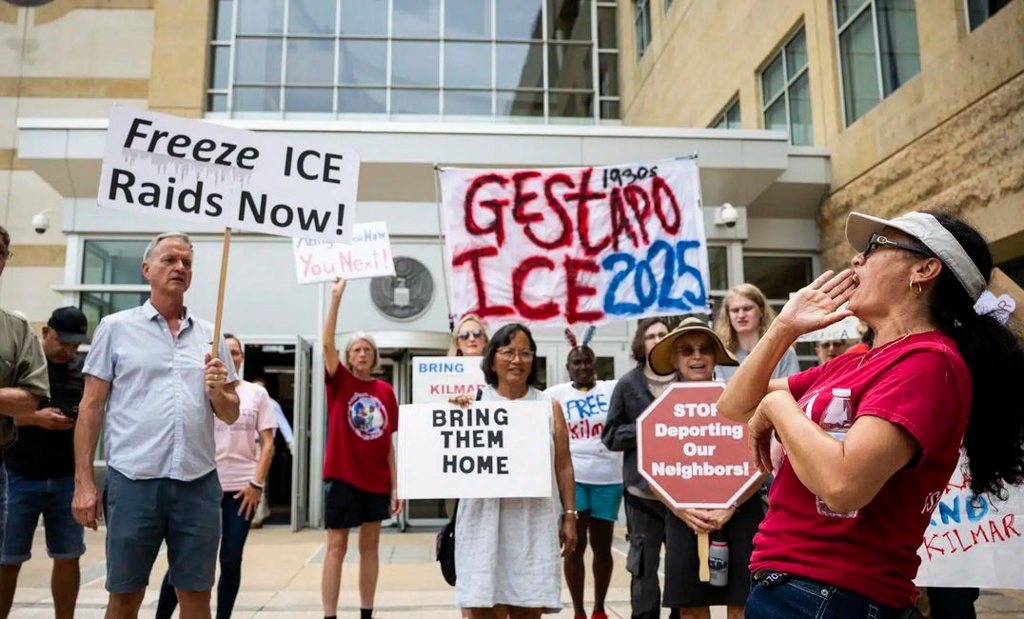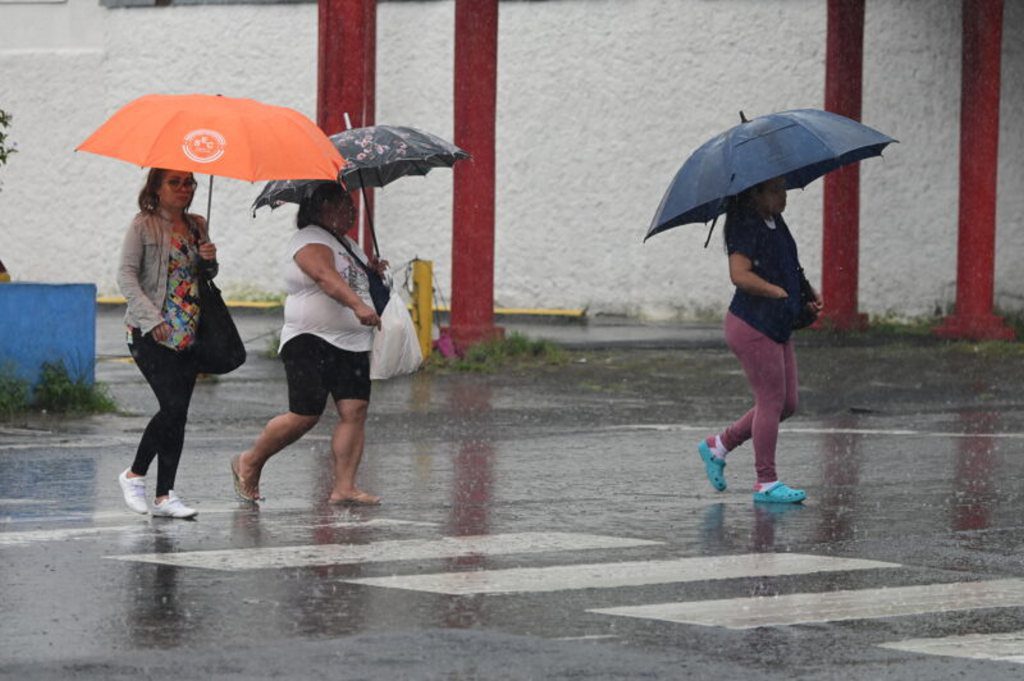Q24N — The National Assembly (Parliament) of Nicaragua approved on Thursday, November 28, 2024, an immigration reform that legalizes denying entry into the country to people, including Nicaraguan citizens, “who may undermine national sovereignty or represent a social risk.”
The reform includes an addition to the Penal Code to punish with sentences of two to six years in prison Nicaraguans who enter, leave or attempt to leave the national territory in an irregular manner “with the purpose of undermining the integrity, independence, sovereignty and self-determination of the nation, compromising peace, altering the constitutional order, fomenting or provoking, conspiring and proposing, inducing terrorist acts of economic and social destabilization of the country.”
“When the evasion of border control is for the purpose of committing the crime of treason, provided for and sanctioned in article 409 of the Penal Code, the penalty to be imposed will be increased by one third in the minimum and maximum limits,” according to the addition to the Penal Code.
– Advertisement –
The Ley de Reformas y Adiciones a la Ley General de Migración y Extranjería (Law of Reforms and Additions to the General Law of Migration and Foreigners); and of addition to the Penal Code of the Republic of Nicaragua, which modifies 47 articles, was sent by the president (dicator) of Nicaragua, Daniel Ortega, and presented in the plenary session on Tuesday of this week to the Legislature, which approved it unanimously in the session of this Thursday.
Migration denied entry to Nicaraguans outside the law
The reform legalizes banishments, denials of entry or exit of Nicaraguans and foreign residents who represent a “social risk” or who may “undermine national sovereignty.”
“It is the sovereign decision of the State of Nicaragua, through the General Directorate of Migration and Immigration, to authorize or deny entry, revoke permanence, cancel residency or acquired Nicaraguan nationality,” Ortega said in the project.
According to the reform, Migration will notify “international land, air, sea, river and lake transportation companies of the prohibition of transporting into the national territory people whose entry is not authorized or who have immigration restrictions under penalty of assuming the costs of returning to the place of origin or provenance.”
Prohibiting the return to the country of compatriots is a practice that the Sandinista government has been carrying out at its discretion in recent years.
The humanitarian NGO Colectivo Nicaragua Nunca Más has documented at least 111 cases of de facto statelessness of Nicaraguans. Among the most affected groups are religious people, journalists, human rights defenders, businessmen, feminists, musicians, and opposition politicians, according to that organization.
– Advertisement –
Loss of acquired nationality legalized
The reform also contemplates, in article 64, the loss of acquired nationality in cases of citizens convicted of “acts of treason, when they directly or indirectly participate, promote, direct, incite, attempt, finance, manage internal or external actions that undermine the preservation of sovereignty, independence, internal order, territorial integrity and national self-determination.”
Immigration may also request the expulsion of non-residents, temporary or permanent residents in the event that they “carry out activities that violate the Constitution of Nicaragua,” who have been convicted of “terrorism, money laundering or organized crime,” or for “fostering and instigating the carrying out of activities to politically destabilize the country,” among others.
On the other hand, the reform created a fine of US$1,000 dollars for “evasion of border control for unspecified illicit purposes,” and raises the cost of issuing passports in case of loss from US$5.74 dollars to US$100 dollars.
Last week, Ortega proposed a profound reform to the Constitution, already approved by the Legislature in the first reading, which transforms the State into a “direct democracy” exercised through the Presidency, which legalizes statelessness and repeals the article that prohibited the practice of torture, among other changes.
– Advertisement –
Source link
Q24N



